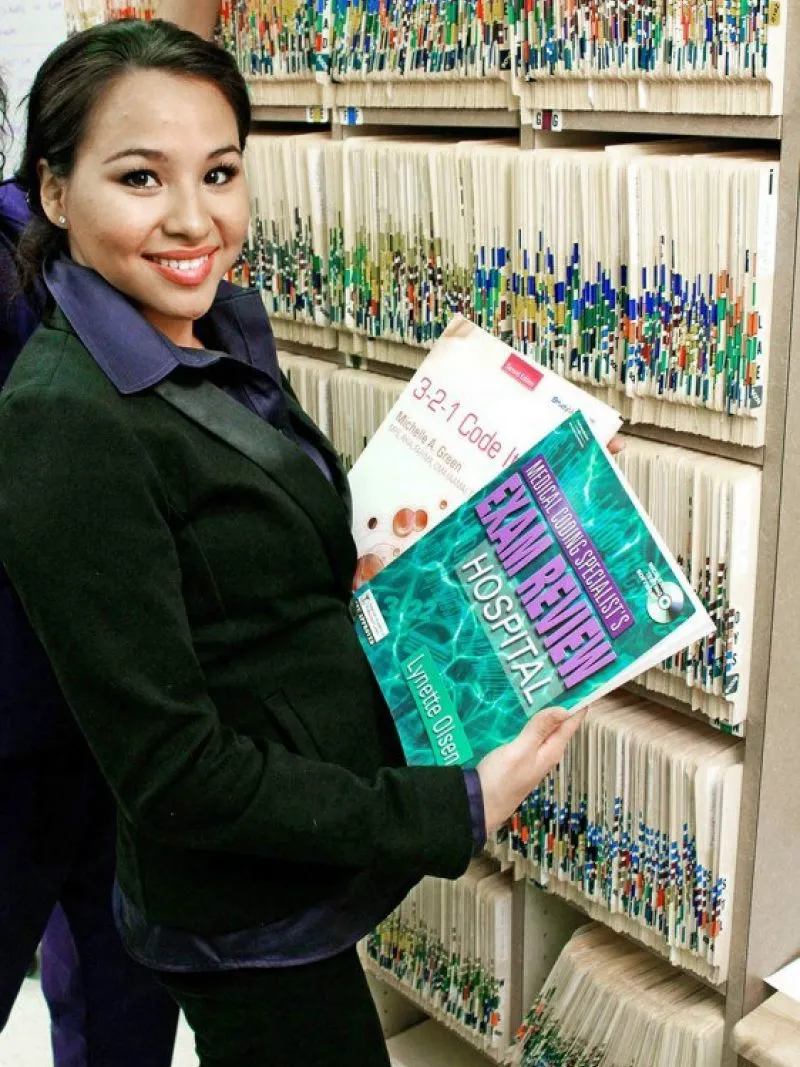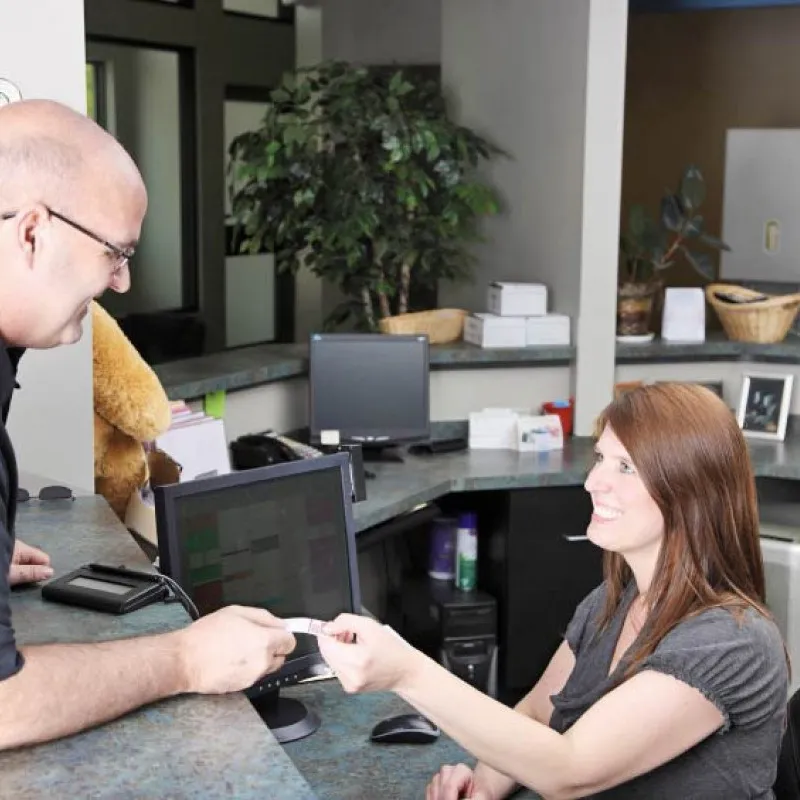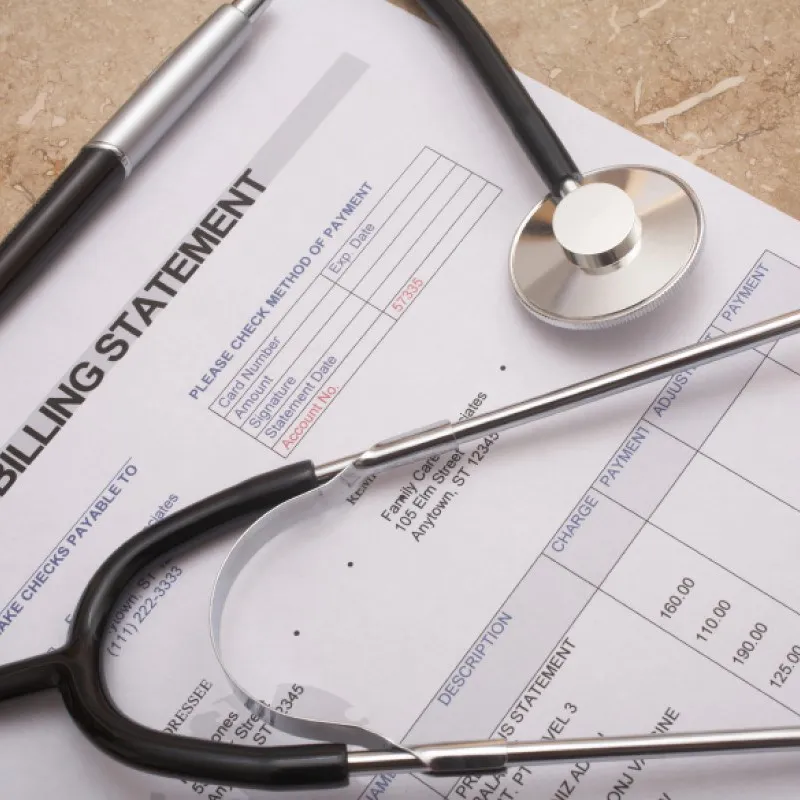Medical Insurance Coding and Billing Specialist
An increasing share of the population is entering older age groups, which typically require more medical services. As a result, more medical records specialists will be needed to convert related health information into standardized codes to be used for insurance reimbursement and other purposes.
7% National Job Growth projected from 2021-2031**
**Source: U.S. Bureau of Labor Statistics projected national growth in job openings for medical records specialist 2021-2031 https://www.bls.gov/ooh/healthcare/medical-records-and-health-information-technicians.htm Projections are national. Local job market demand may vary.Medical Insurance Coding and Billing Specialists work in a variety of healthcare facilities, including hospitals, ambulatory surgery centers, physician's offices, nursing facilities, home healthcare, and hospice care.
The Medical Insurance Coding and Billing Specialist program at Alaska Career College provides you with all the education and training you need to have a career in this important part of the healthcare industry. As a Medical Insurance Coding and Billing Specialist, you will play an integral role in your employer's office by helping your employer collect monetary reimbursements from patient insurance providers.
Medical Insurance Coding and Billing Specialists follow administrative, ethical, and legal requirements for safeguarding patient privacy in addition to adding diagnosis and procedure codes for patient care, population health statistics, and billing purposes. Although specialists do not provide direct patient care, they regularly work with other healthcare workers to clarify diagnoses and accurately document patient information.


Open this door and contact an Admissions Advisor for more information!
Medical Insurance Coding and Billing Certification
Graduates are credentialed and recognized as Nationally Certified Insurance & Coding Specialists (NCICS) and Certified Professional Coders (CPC). Graduates received nationally recognized credentials and certification and acceptance into a career path and profession in healthcare technology.
Medical Terminology
Anatomy and Physiology
Insurance Guidelines
Classify Diagnoses and Procedures
Universal Healthcare Coding Systems
Medical Office Software Applications
Advance Keyboarding Techniques
Accounts Payable and Receivable
Microsoft Word and Excel Training
Records Management




